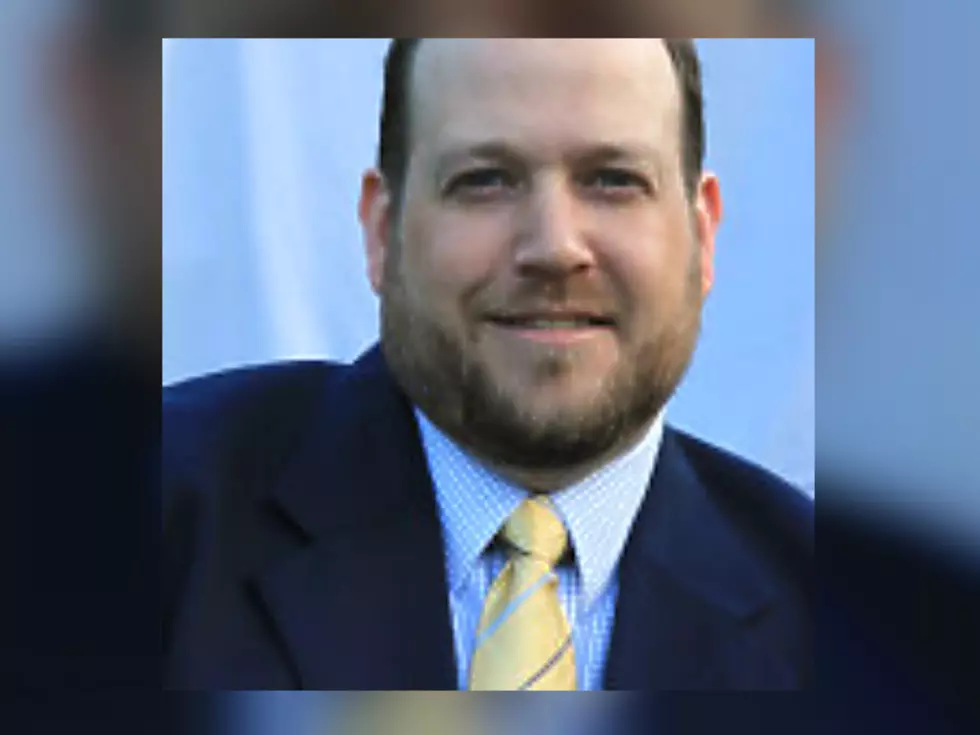
Landrieu Responds To Salazar’s Congressional Testimony
WASHINGTON – United States Senator Mary L. Landrieu, D-La., today responded to testimony given to Congress this week by Department of the Interior Secretary Ken Salazar.
Sen. Landrieu said:
“Yesterday, Secretary Salazar testified before the Senate Energy and Natural Resources Committee. He made a few positive statements regarding the importance of the oil and gas industry in this country and the need to maintain a robust industry. He said we are moving forward and working with industry. I am grateful for these positive comments, as I feel too few of them are coming from this administration on the importance of this industry to our country.
“But the secretary also made some comments that I feel need more clarification, because his statements do not tell the full story. First, Secretary Salazar said ‘Current production is not impacted by the moratorium or BOEM’s new rules and regulations.’ This is true if we lived in a static world, but the point that seems to be amiss on this administration is that while current production might not be impacted, future production will be impacted. Oil companies bring new production online every day to replace the current oil fields that are being depleted. If we don’t continue to bring more production online, then U.S. production will begin to diminish.
“According to the Energy Information Agency (EIA), an independent agency, before the Deepwater Horizon accident, 1.77 million barrels of oil a day would be produced from the Gulf of Mexico in 2011 and 1.82 million barrels a day would be produced by 2012. Now, post Deepwater Horizon, the EIA estimates that only 1.39 million barrels a day will be produced in 2011 and production will continue to decrease to 1.14 million barrels a day by 2012. So, while the secretary is correct that current production is not impacted, future production is, and what we don’t produce and develop here in the U.S., we will be forced to get from other countries. I really don’t think Americans want to import more oil from foreign countries that could have been produced here with American jobs.
“Secretary Salazar also stated that the Department of the Interior has received only 47 shallow water permit applications in the past nine months. While that is true, it doesn’t tell the whole story. I have heard time and time again that many companies are hesitant to file their second permit until they can get their first permits through the system. There is no incentive to flood the permit submission box at BOEM because doing so could potentially slow down an already slow process.
“In addition, I find it disingenuous for this administration to say that only seven deepwater permits are pending, trying to justify that there isn’t an exigent situation in the Gulf. According to BOEM’s website, there are at least 17 permits that have been filed, but returned to the operator for more information. These permits should count as pending as they are in the system, trying to break through, and it is insulting that this Administration tries to pretend that they don’t exist.
“During his testimony, Secretary Salazar continued to insist that the moratorium was the right thing to do. I couldn’t disagree more. The moratorium has cost at least 4,800 jobs, sent seven rigs to other countries and shut down five jack-up rigs. It is costing this country millions and potentially billions of dollars in lost royalties, revenues and taxes to the U.S. Treasury.
“If a plane crashed here in the U.S., this administration would not have shut down the entire industry until more heightened safety regulations were implemented. This administration’s treatment of the offshore oil and gas industry has been extreme and the industry certainly is paying for it, but all Americans will also pay for it as our gas prices continue to rise. Oil is a global commodity, traded on the global market. Any constriction of supply will send a signal to the market that prices should increase. If this administration wants to provide relief to the American consumer on the price they pay at the pump, then it should begin issuing permits to maintain production in the Gulf.
“Finally, the Secretary reiterated that drilling in the Gulf must move forward safely so that accidents like the Deepwater Horizon never happen again. Unfortunately, he misses the point that this industry is already safe. Over 2,000 deepwater wells have been drilled since 1992 and over 42,000 total wells since 1947. Since 1971 up until this accident, not a single spill caused by a well blowout exceeded 1,000 barrels. From 1947 to 2009, 175,813 barrels have been spilled from over 16.5 billion barrels produced. That is about 1/1000th of a percent of the total production spilled.
“What this administration doesn’t realize is that by slow-walking these permits, rigs are leaving the Gulf because they can’t get permits for work. In effect, this administration is exporting environmental pollution and unsafe drilling practices to foreign countries, because these countries do not have the same high standards under which the U.S. operates. I understand that they want to make these operations as safe as possible, and I want that too, I just don’t want it at the expense of exporting these problems to other countries that are not equipped to handle them.
“I think it’s a positive signal that the first deepwater permit was issued this week, but much more must be done more quickly to get this industry back to work. I look forward to working with this administration to move more permits so that Americans won’t lose their jobs, and this industry, which has done so much for our country, can continue to operate.”
More From News Talk 96.5 KPEL









